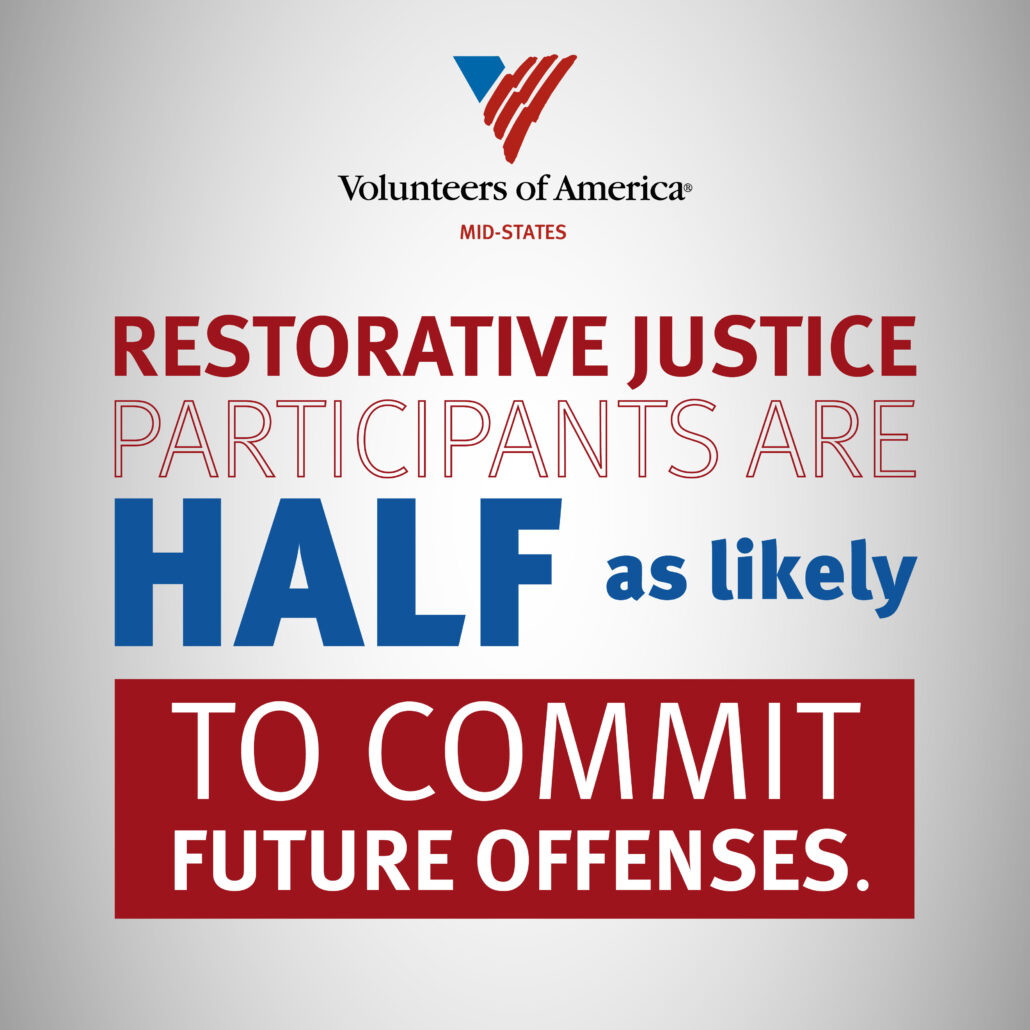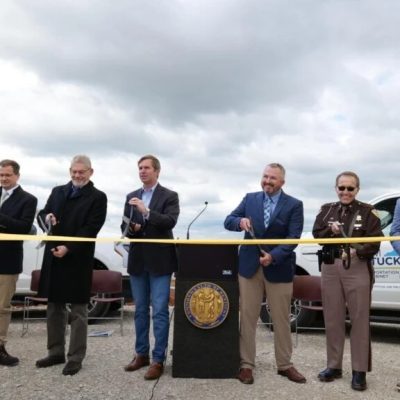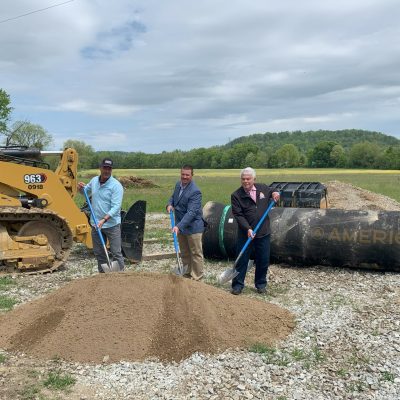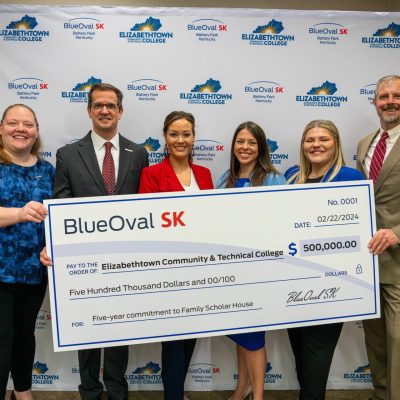Kentuckians are making the best of a difficult year by finding creative ways to be safe and celebrate holidays.
Gov. Andy Beshear released suggestions for Halloween activities to curb the spread of COVID-19 and participate in fun, but lower-risk, events and celebrations. Guidelines were released Oct. 1 and may change if threats of the pandemic grow in the coming weeks leading up to Oct. 31.
How to Trick-or-Treat Safely
If trick-or-treating is permitted in your community, you can take precautions to reduce risk. Continue to maintain a safe social distance of six or more feet from anyone not in your household and wear a proper face covering, not a Halloween mask. Take extra steps to wash your hands after touching candy or surfaces and use hand sanitizer often.
A quick internet search will show many innovative delivery systems for Halloween candy to use instead of handing it out. Candy chutes, pulley systems and individually wrapped goodie bags spaced around the yard can keep distance between you and kids and make everyone safer.
Download Halloween Safety Tips from Kentucky Public Health
Assess Risks at Other Halloween Activities
Beshear suggests alternatives to trick-or-treating and Halloween parties for less potential to spread the virus. Carving pumpkins at home, having a virtual or drive-by Halloween costume contest, watching Halloween movies and having a scavenger hunt at home instead of going door to door made the list.
Louisville’s Jack O’Lantern Spectacular switched to a drive-thru trail this year for its annual event. Other Halloween activity operators are working to do what they can to accommodate guests and follow state and federal regulations for COVID-19.
Pumpkin patches, orchards and outdoor events with small groups present a moderate risk for infection. High-risk activities should be avoided including traditional trick-or-treating at doors, large parties, haunted houses, hayrides, fall festivals and events with large crowds.
For Halloween and anytime, stay home if you are sick or have symptoms of COVID-19. If you are at a greater risk of complications of the virus, use extra caution and consider your contacts with those who are more likely to get sick.










